Paying the price – do we always have to suffer or sacrifice for a reward? Why this is often offered as a writing rule, especially when creating magic systems. Also a report on ROGUE FAMILIAR: coming along!

RITA ® Award-Winning Author of Fantasy Romance
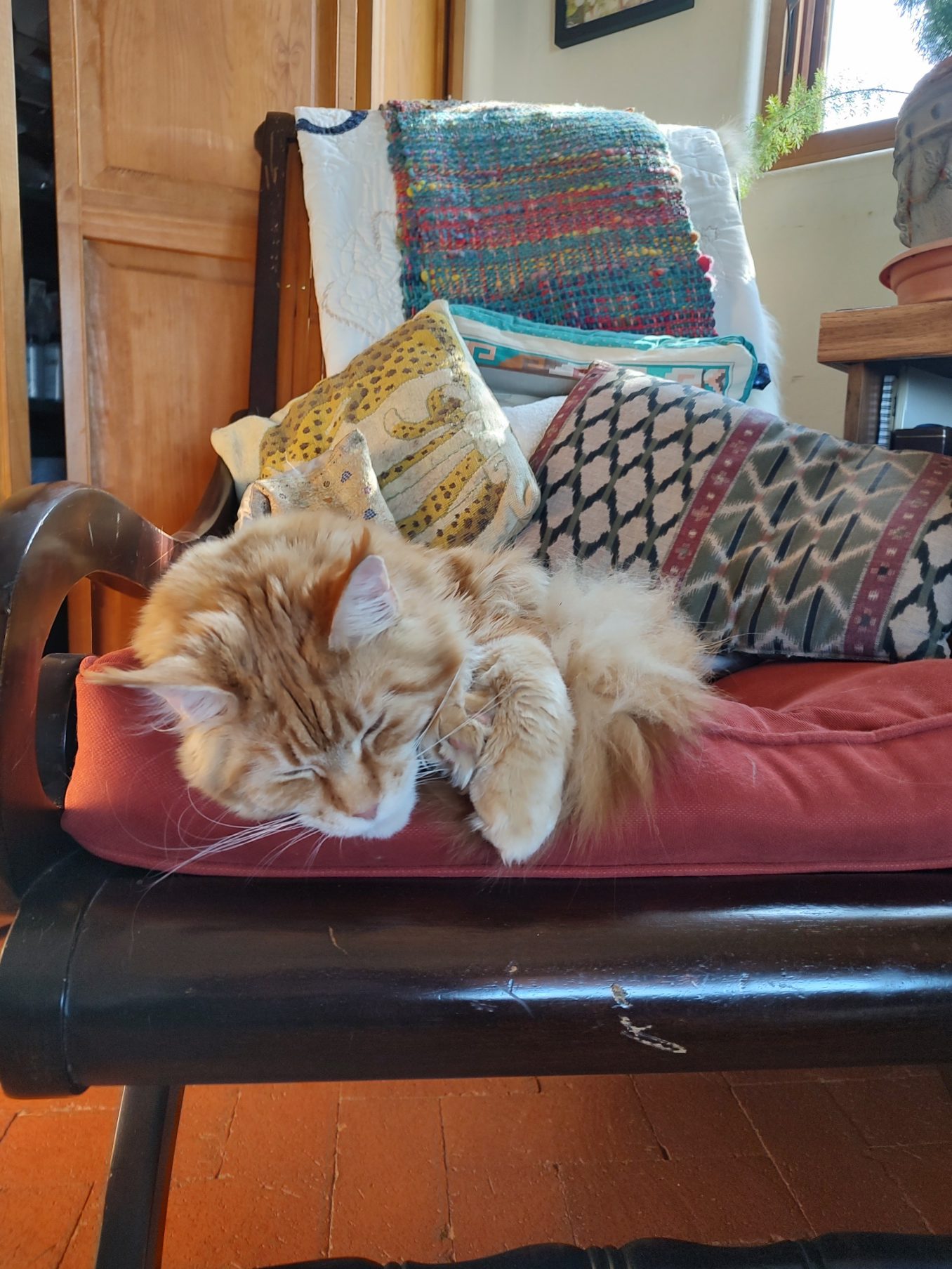
Paying the price – do we always have to suffer or sacrifice for a reward? Why this is often offered as a writing rule, especially when creating magic systems. Also a report on ROGUE FAMILIAR: coming along!

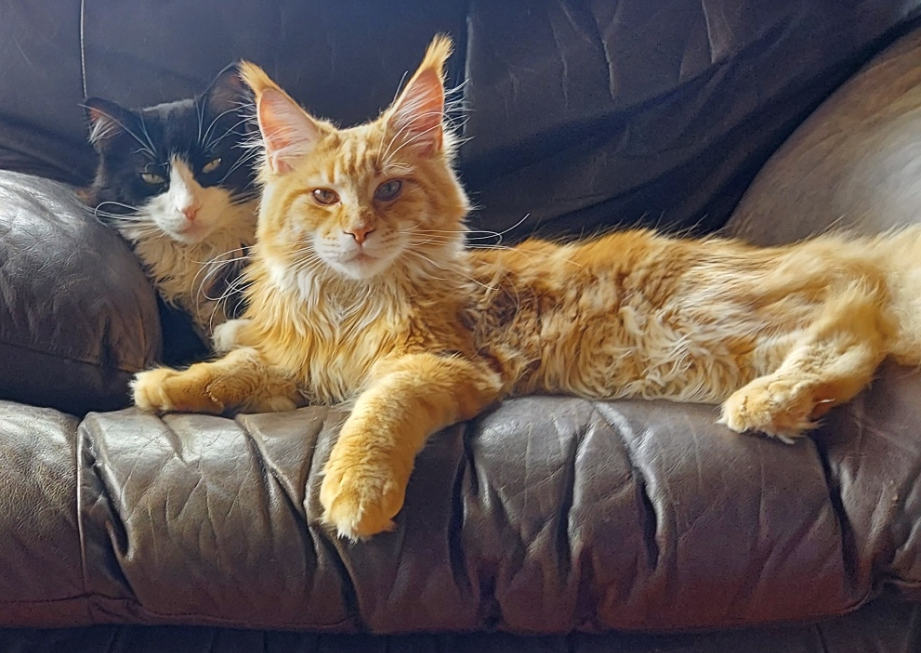
Can you miss something you never had? Also thoughts on creative crisis, how I always hit a point where I think the book I’m writing is TERRIBLE, and upcoming plans for my mentoring/coaching Patreon and Discord community!
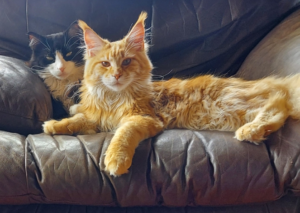

A report on YouTube monetization (yay!) via putting up audiobooks and thoughts on podcasting ROI. Also why each book is a challenge to write, how to deal with a sagging middle of a novel, and how to improve craft.



I’ll be at the Willamette Writers Conference In August! I’ll be teaching a workshop and giving manuscript critiques. I’m not sure yet if I’ll be in person or online, but I’m hoping for the former!
This week at the SFF Seven, we’re discussing which fictional villain we’d totally write a redemption arc for if copyright and trademarks weren’t a thing.
You know, I did this once before – although I was in the clear legally, as the original work had just moved into common domain. My villain? The phantom from The Phantom of the Opera. I don’t know know that I redeemed him, but – SPOILER – I did ensure that the heroine picked the correct guy!
My version is called MASTER OF THE OPERA, and is a contemporary, erotic retelling of the old phantom tale as written by Gaston Leroux. I set it at the Santa Fe Opera house, so it has more of a Southwestern mystical vibe than the Parisian opera house of the original stories. I won’t post the cover(s) here. There are a number of them, as the book was originally published as a serialized ebook, and so had six different covers. Then it was published in print as a single edition with a different cover. Salient and recent good news: I received word that my publisher plans to put a new cover on the book and repackage it! So, stay tuned for that re-release. I’m super excited to see this new cover and a new bounce for this book and my sexy villain.
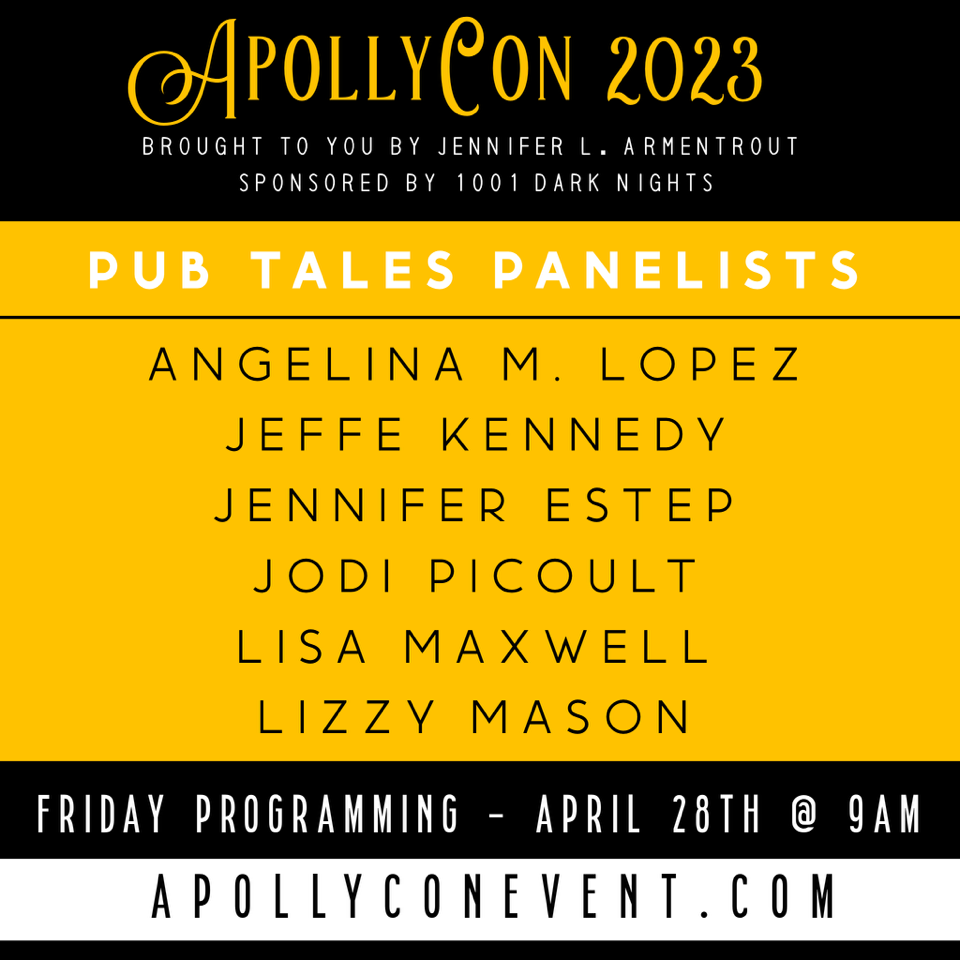
How you know when your creativity is flowing, which story ideas have enough juice to sustain a novel or series, and how to handle those New Shiny ideas when you have other works in progress to focus on.
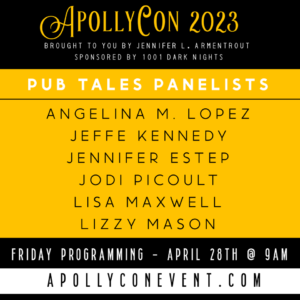
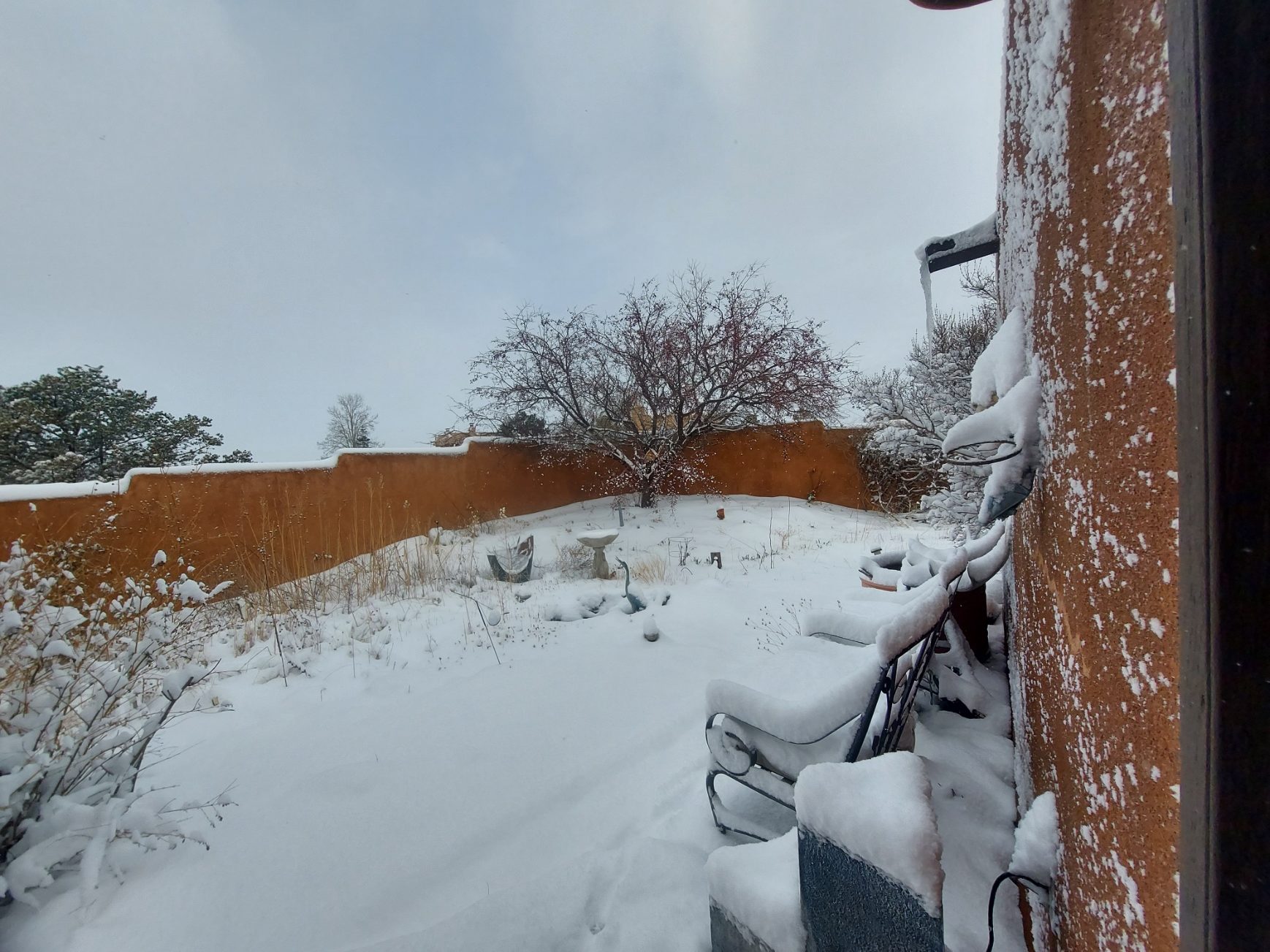
Happy St. Patrick’s Day! A short podcast today, explaining why I postponed the ROGUE FAMILIAR release date and why it won’t really be as long as it the dates imply.

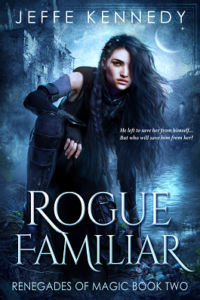
Our topic at the SFF Seven this week is Artificial Intelligence (AI) and what’s going on there with the creative professions. I have Opinions, which boil down to my conviction that nothing can replace human creativity. But a lot of very smart people have written on the topic and SFWA has been collating those. Go read those excellent articles.
For my part, I’m trying to get ROGUE FAMILIAR written. I’ve passed 60K words and I’m closing in on the Act II Climax. I’m getting there! But I’m not there yet. No way can I make a March release date. So I’ve pushed the release back. Amazon will tell you the new release date is April 24, but that’s a handy lie. That’s just the farthest date I could push to, just in case. I’m guessing it will be more like April 7 or 10. I can always release early! I know you all are patient and supportive, so I don’t need to apologize. (But I feel I do.) Anyway, I’m working away on this!
No AI involved.
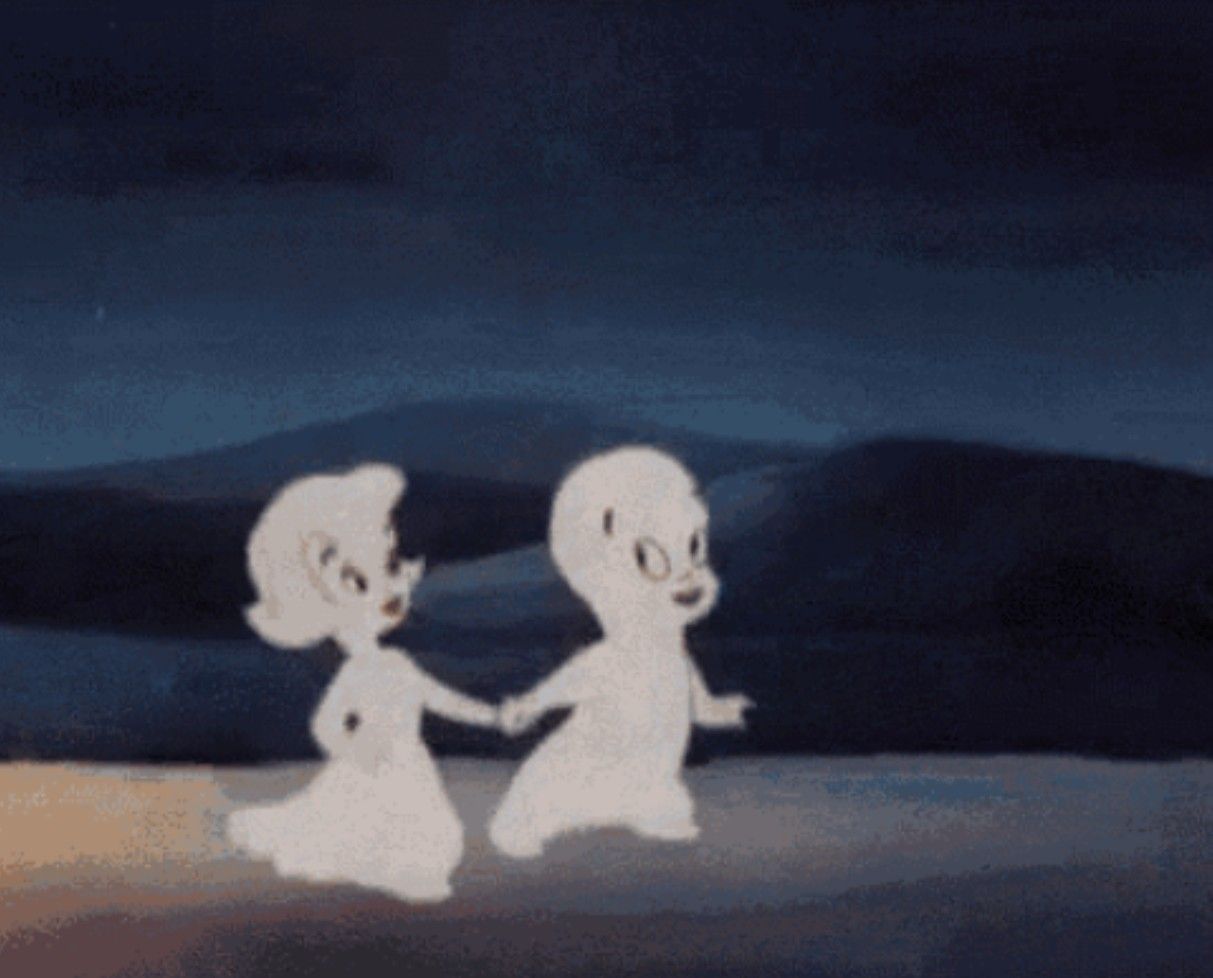
I’m still head-down on drafting this novel, absorbed in increasing my productivity – with good news to report on that front. Also thinking about invisible friends and creativity. I had them. Did you?

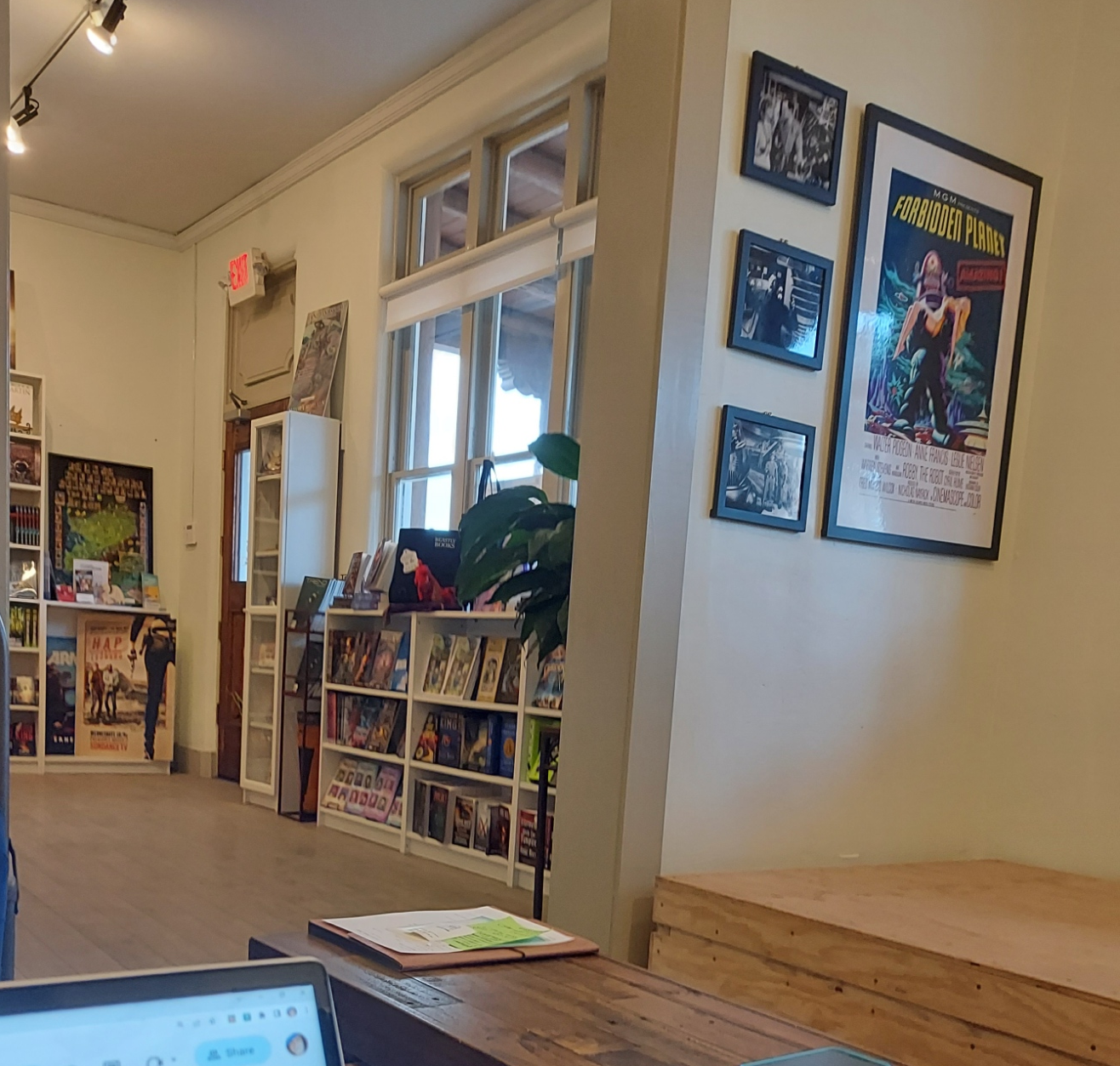
How pushing my wordcount is working – I’ve had my best week since last May – and thoughts on POV: how to teach it, how to choose the “right” POV for a story, and a way of thinking about writing POV well.
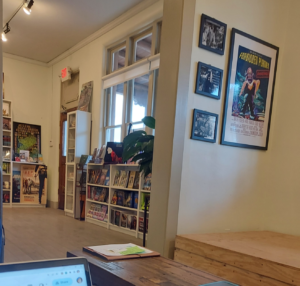
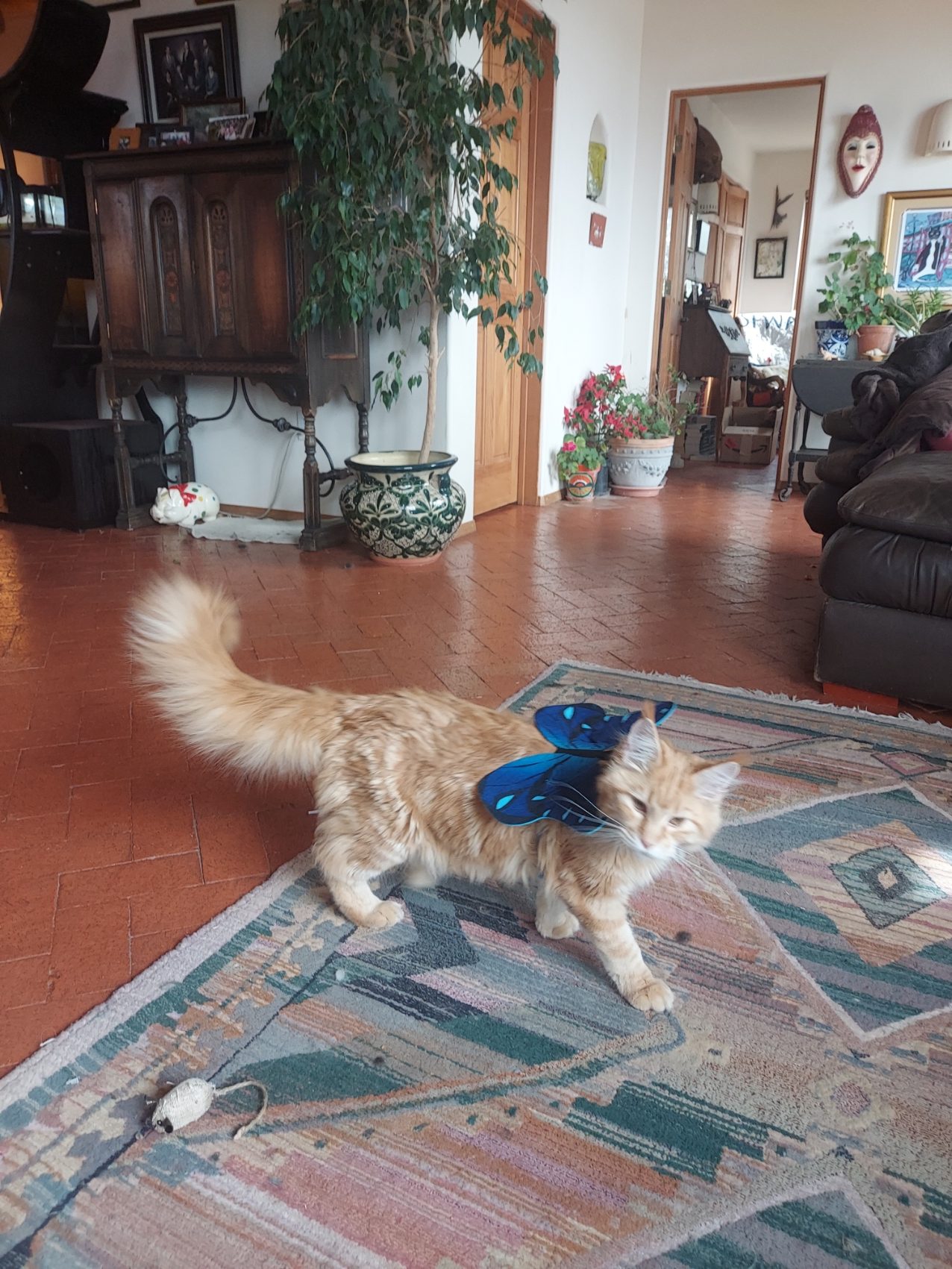

Last night, SFWA did the big online show to announce our Nebula finalists. Killian got to play a special role in a guest appearance as a catterfly, a denizen of Planet Friend. Isn’t he adorable?
But catterflys aren’t our topic at the SFF Seven this week. Pity. Instead, we’re discussing blurbs and how to write better ones.
Now, there’s some confusion out there about exactly what a “blurb” is. In traditional publishing, a blurb is what one author says about another. Along the lines of “Golly gee whiz, this book was better than espresso brownies!” In indie circles, self-published authors tend to call the book description a blurb, whereas the trad community refers to it as the back cover copy or BCC.
Taking my cue from KAK yesterday, I’m going with the BCC definition. Except there’s no freaking way I’m going to write that before I write the book. My writer brain doesn’t work that way. However, I can give advice on how to write your BCC.
The Basics
The BCC structure is very simple and looks like this for a book with romance:
Paragraph 1: What the protagonist wants, why they want it, and why they can’t have it. Should include both external and internal conflicts, if present.
Paragraph 2: What the other protagonist wants, why they want it, and why they can’t have it. Should include both external and internal conflicts, if present.
Paragraph 3: How these two intersect, make each other’s lives more difficult, and present a threat to them ever getting what they want.
Boom. Done.
Level Up
Once you have the basic stuff in there – and I just sketch it in to get the structure and dynamics – then I polish it up. Remember: while you want to give a sense of the story to the reader, you also want to entice. Exact details are less important than posing intriguing questions. Hint at secrets and drama. Resist naming too many names or places. Those aren’t important at this stage. A sense of who the characters are and the challenges they face are what matter. Make sure the genre is clear. Choose vivid, active words. Make it sizzle and excite!
Advanced Tricks
Once you have it polished and seductive, see if you can slip in some keywords for the genre. Think what readers might search for. References tropes. (Then go back and polish so it sounds good.)